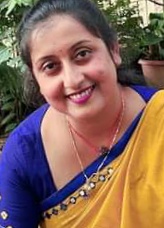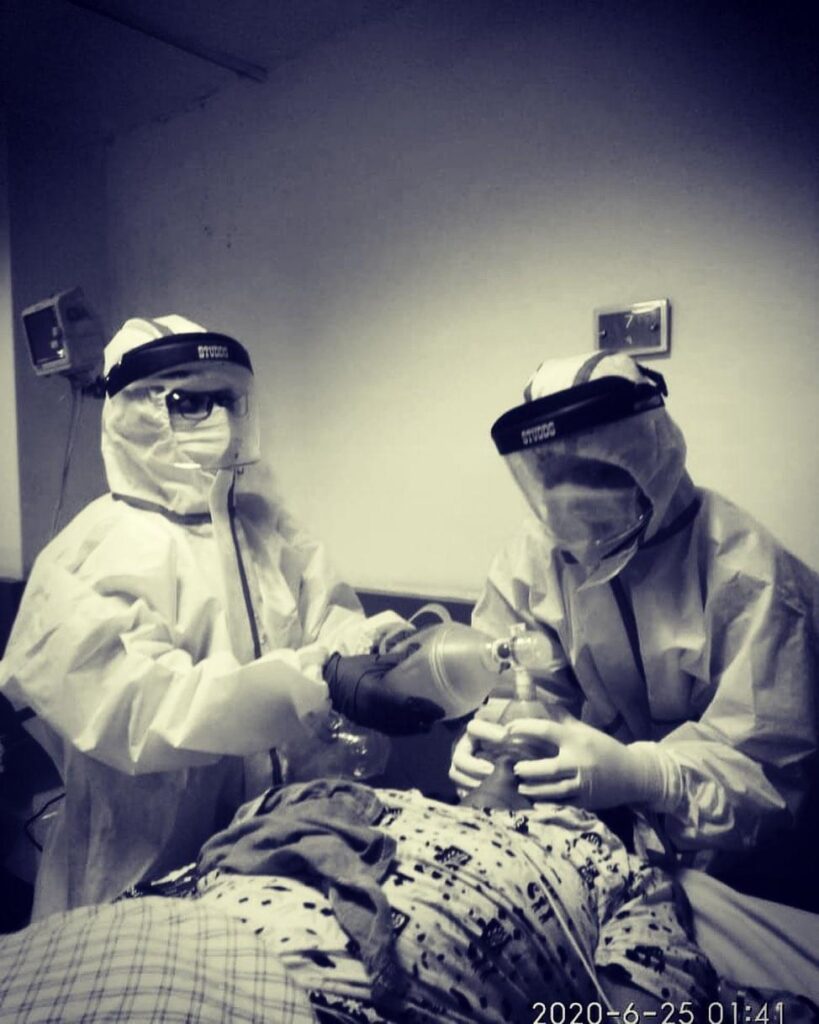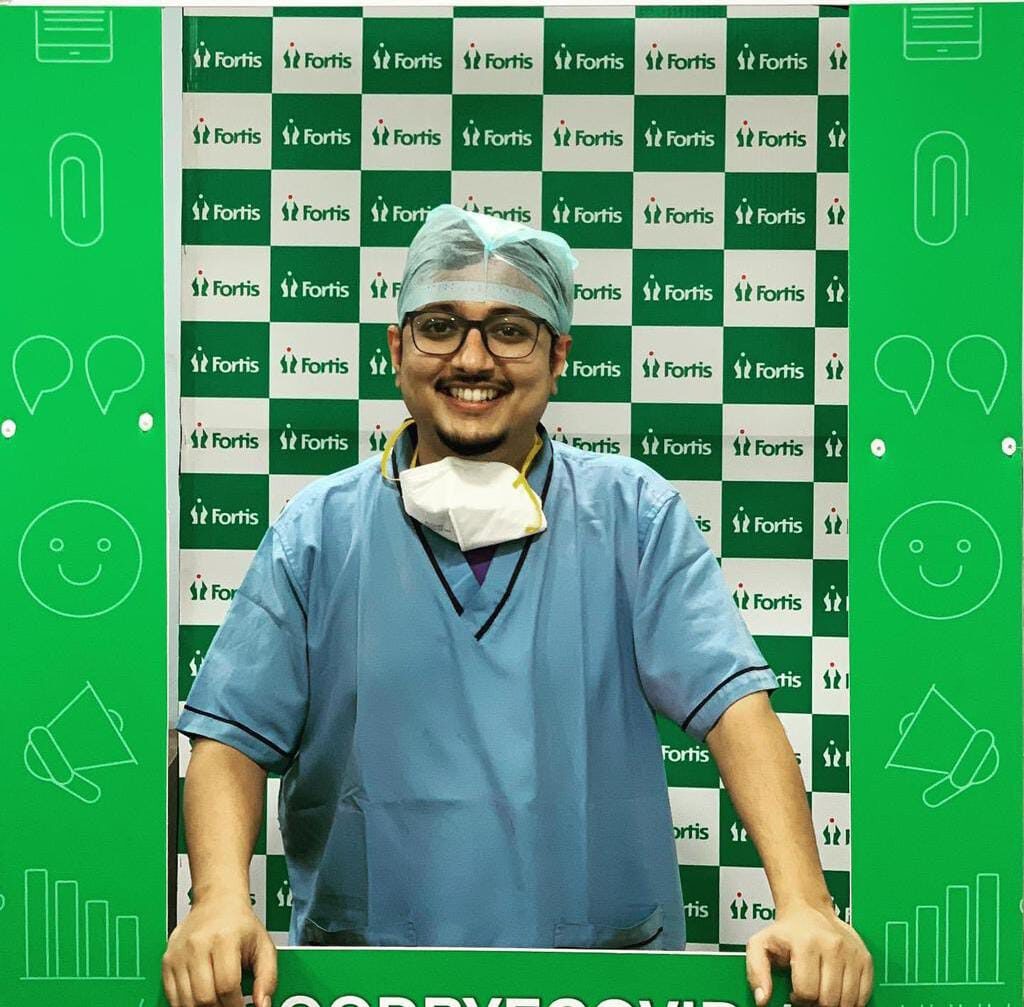Barak UpdatesIndia & World UpdatesHappeningsBreaking NewsFeature Story
Cardiac challenges: navigating pain management and embracing wellness, interview with Dr. Suvan Choudhury



Associate Consultant in Critical Care Unit at Fortis Hospital, Dr Suvan Choudhury feels there is a huge scope of Critical care facilities in tier-2 cities. Read the way2barak exclusive by Shatakshi Bhattacharjee.

way2barak: Tell us about a typical day in a critical care unit? What challenges do you and your team usually face?
Dr Suvan Choudhury: We deal only with critically ill patients with one or multiple organs dysfunctional, such as stroke or with cardiac issues or renal failure cases together with cardiac problems and so on and treatment is given 24×7 since every moment is crucial for such patients. We basically work in shifts.
Pain monitoring and control is also another important aspect of our duty. Many patients come with attached equipment such as ventilator, cardiac monitor, invasive lines (central line) etc which can result in a lot of pain. We must also ensure that no internal clotting takes place since these patients do not move much.
This step is followed up attending the emotional aspect of the patients. It is also a part of our duty to take care of psychological needs of the patients and make the ICU environment more patient friendly. While dealing with patients with mental health issues we need to be extra cautious. We shift them to window facing beds, allow the family members to spend more time and try to mobilize them by shifting them to wheelchairs.
Monitoring Antibiotics is another important aspect of CCU since meticulous selection of these dosages have a great impact on a patient’s health and recovery. We need to study a lot of research papers, latest developments in our field, attend workshops and seminars and stay updated.
To summarise, in CCUs, we work as a team in a coordinated way to address physical, cognitive, and psychological needs of critically ill patients in order to ensure a speedy and smooth recovery.
way2barak: Dr Choudhury, you belong to Silchar and you are familiar with the state of healthcare facilities in this part of the country. Looking forward, what advancements do you foresee in the field of critical care and emergency medicine? What is the scope for hospitals in the Tier-2 and Tier-3 cities?
Dr Suvan Choudhury: Emergency medicine and Critical care facilities have a huge scope in Tier 2 and Tier 3 cities, especially when other Superspeciality services are not available round the clock. Emergency and critical care units which function round the clock can promptly diagnose a wide spectrum of diseases and also provide the desired initial therapy till the other Superspecialists provide any definitive therapy or do any invasive intervention.
Emergency and critical care medicine departments can also transport the critically ill patients in ACLS ambulances to the nearest Superspeciality hospital if required.
These days, there is a new concept of post ICU follow up clinic, where we follow up the patients who were admitted in ICU for prolonged periods and provide multidimensional treatment to them in terms of pharmacotherapy as well as physiotherapy and psychological counselling with the help of other specialities
way2barak: In the recent times, cases of stroke and heart attack particularly among the youths has been on the rise. What exactly is making our young population prone to such ailments? Could you suggest a few preventive measures for our young readers to stay healthy?
Dr Suvan Choudhury : I would like to highlight three important reasons behind this-
i) Substance abuse: Excessive intake of alcohol, chain smoking and late-night parties
ii) Sedentary lifestyle: Most of our urban population are engaged in sitting jobs. Secondly, starting from groceries to medicines everything can be ordered online. When we move out of our homes to buy something we hardly walk. Even if the market is 200 metres away, people prefer to take their scooty or bike. I feel, the lack of physical activity is killing our generation.
iii) Intensity for frequent crave for junk food: In the last two decades, there has been an exponential rise in Indian’s fast-food intake. If you do a survey of any Indian city or town, you will see a sudden upsurge of food joints and fast-food outlets in the last few years. Even a small family get together these days is not complete without some soft drinks, canned and fried food.
A lot of things help in keeping the body healthy. Eating freshly cooked home food, practicing Yoga/Pranayama regularly, going out for a brisk morning or evening walks, spending a happy evening with family, joining a hobby club, are some of the effective measures.

way2barak: Besides, instances of people suffering from Obesity, Thyroid and PCOD with cases found even among children are also being noticed. Please enlighten our reader/viewers on the causes.
Dr Suvan Choudhury : Very pertinent question. But this also brings before us a very important question for self-introspection. Right from childhood, are we giving our kids fresh and nutritious food? The main villain here is packaged/frozen/canned food. And along with preservatives these food items have huge amount of carbohydrates and sugar. The problem with sugar intake is that it becomes a craving, a sort of addiction. Sugar increases the levels of insulin in the body. And insulin is an anabolic hormone which increases the synthesis of fat. Hence, we should avoid sugar at any cost.
Another factor is eating late at night; and consuming food with high level of carbs. Right after the dinner, when we go to sleep, insulin upsurge takes place which synthesizes more fat. This calorie build-up which takes place every night ends up in making children obese. And in between tuitions and schools, kids these days hardly get adequate time to burn the accumulated calories.
Another big worry that we see often these days is the problem of fatty liver. Fat gets deposited in the insulin receptors present in the surface of the liver which blocks the receptors. To sum up our calorie intake and calorie expenditure should be balanced.
Many hybrid vegetables are found round the year these days. Regarding thyroid, it is important to stick to seasonal vegetables as far as possible and avoid taking artificially produced vegetables.
I would like to suggest remedies for PCOD including quality lifestyle, proper sleep cycle and adequate workout.
way2barak: Finally, to sum up, can you recommend a few important points for a happy and healthy life
Dr Suvan Choudhury : Sure! Waking up early in the morning, working out at least five days a week (Swimming, Jogging, Yoga etc) is a must. Besides workout, it is essential to take a healthy protein rich breakfast in large quantity. Then taking fresh fruit juices, in work place. You can also grind nuts, dry fruits and berries and keep taking these in regular intervals throughout the day. Dinner should be done early (maximum by 8:30pm) and minimum 2 hours gap before we hit the bed.
And finally reading good books and spending quality time with friends and family members.




